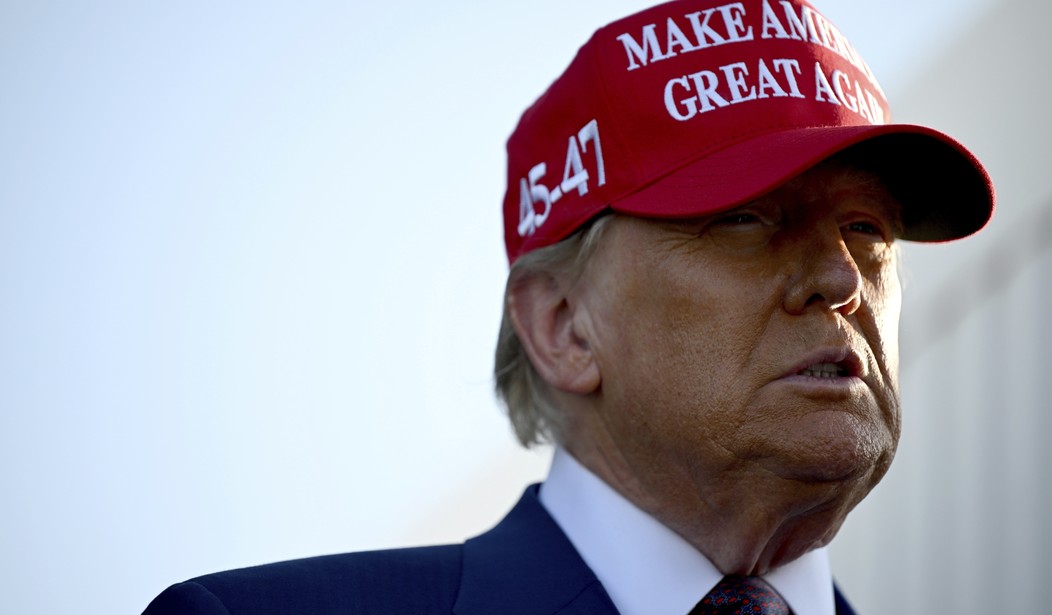Donald Trump has never shied away from a fight, especially when it comes to defending his reputation. He just settled with ABC News and George Stephanopoulos, getting $15 million over blatantly false reporting. His latest legal challenge targets retired Iowa pollster J. Ann Selzer, alleging that her pre-election poll showing Kamala Harris leading in Iowa constituted “brazen election interference.”
Filed in Polk County, Iowa, under the Iowa Consumer Fraud Act, the lawsuit also names the Des Moines Register and its parent company, Gannett, as defendants. Trump’s team claims the poll was not just inaccurate but also intentionally deceptive, aiming to manipulate voter perceptions ahead of the 2024 election.
The controversy stems from Selzer’s October poll, which showed Kamala Harris ahead by three points in Iowa — a projection that turned out to be far off the mark. Trump ultimately won the state by over 13 points, raising questions about how such a respected pollster could miss the mark so badly.
For years, Ann Selzer was the gold standard in polling, known for her almost uncanny accuracy in Iowa. But her final Iowa poll of the 2024 election was so bad. it pretty much destroyed her reputation. We’re supposed to believe it’s a coincidence that she decided to retire from polling shortly after the election.
"She destroyed her credibility to help stop Trump," Mark Mitchell, Rasmussen Reports’ head pollster, told PJ Media after the election. "And she was actually a damn good pollster.”
Recommended: Kamala May Be Closer to Becoming President Than You Think
Trump’s lawsuit alleges that the poll misled the public and diverted campaign resources, causing tangible harm to his campaign and voters alike. There may be some truth to that.
For one thing, leaking the results to Democrats in advance shattered Selzer’s reputation for independence. Mitchell told PJ Media last month that the leak made Democrats “ecstatic and laughing and because they really needed hope, and they got a gold standard pollster handing them exactly the copium they needed.”
At the heart of the case is whether Selzer’s poll was simply a rare miscalculation or an intentional act designed to influence the election. Trump’s legal team insists it’s the latter, accusing Selzer and her media partners of pushing a false narrative to boost Harris. Selzer, however, denies any wrongdoing.
“The idea that I intentionally set up to deliver this response, when I’ve never done that before … I’ve had plenty of opportunities to do it,” she said. “It’s not my ethic.”
It will be hard to prove that the poll caused any major disruption to the campaign. Reputable forecasters didn’t exactly change their predictions because of the poll, and Kamala didn’t suddenly pour extra resources there either. In 2004, when polling showed that Hawaii appeared to be playing, both the Bush and Kerry campaigns went out there to rally support. There didn't seem to be any significant adjustments in strategy or resources from what I could tell.
During a Mar-a-Lago press conference, Trump characterized the lawsuit as a fight for accountability in the media, not a personal vendetta. “I’m not doing this because I want to. I’m doing this because I feel I have an obligation to,” he declared.
The lawsuit certainly raises critical questions about how inaccurate polling impacts elections, from distorting voter behavior to misguiding campaign strategies. But proving that it was intentional in court will be extremely difficult because Trump won.










